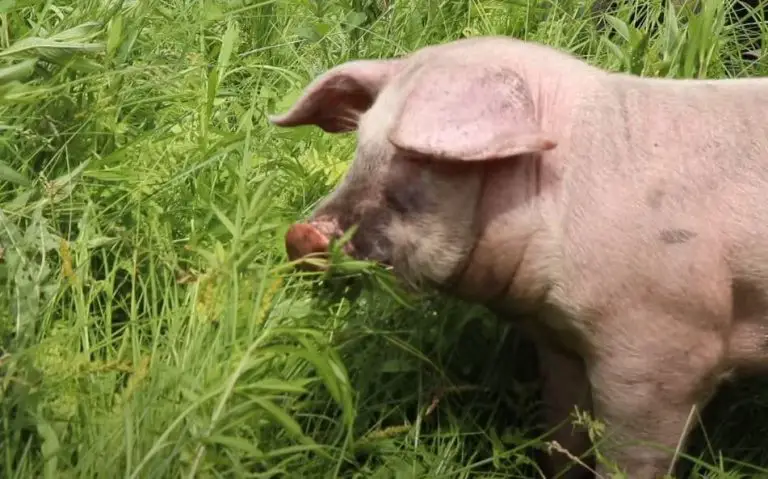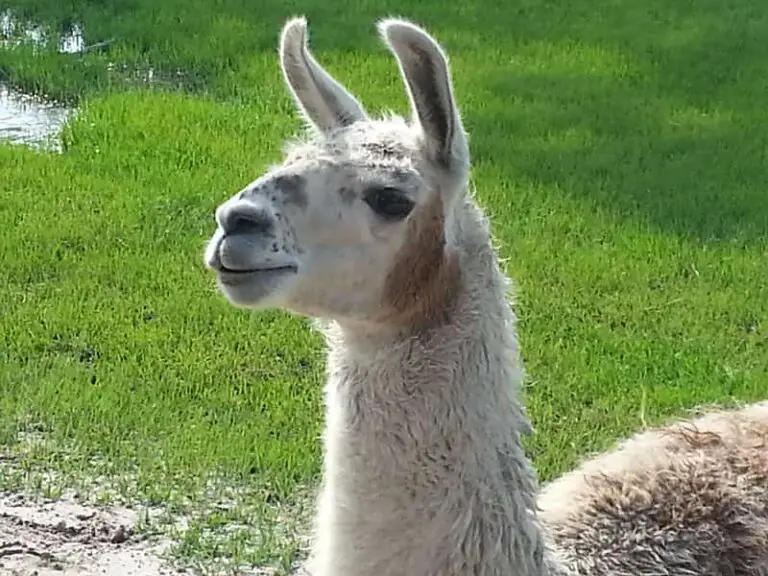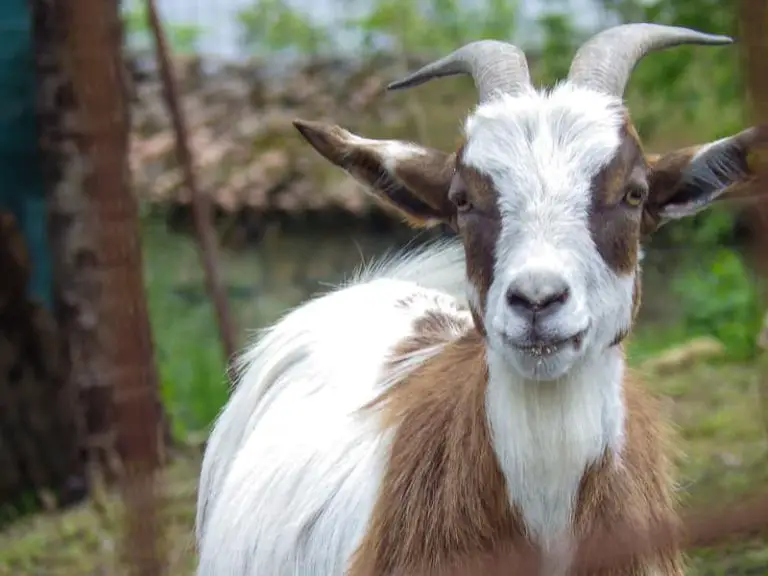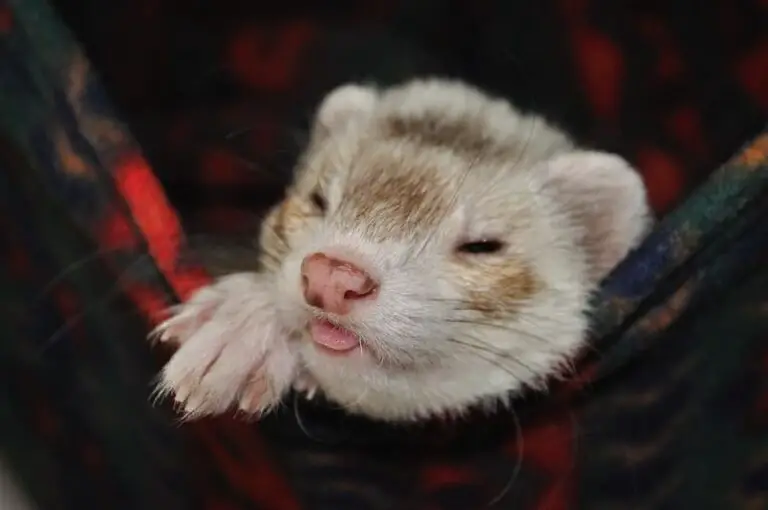Should Donkeys Be Left Out In The Rain? (Solved)
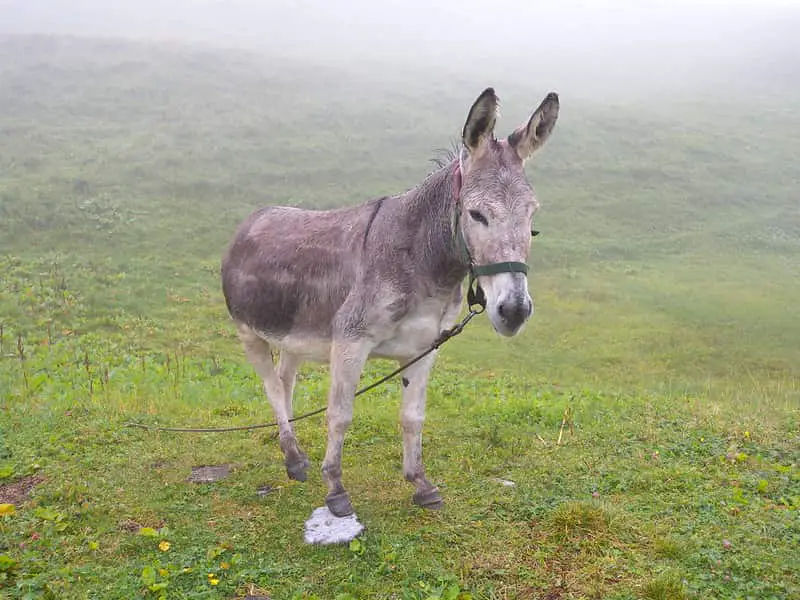
Due to the high climatic sensitivity of donkeys to rain and other atmospheric events, a donkey should not be exposed for prolonged periods of time to rain in the open, as this can cause various health problems.
Donkeys don’t like bad weather. They can’t stand being rained on, let alone cold and wind. That’s why, when a downpour hits or temperatures drop below 14 degrees Celsius, they run away shivering in search of shelter.
The general impression is that donkeys are suited to harsh environments. It is often thought that, because they are prepared to adapt to unfavorable and semi-arid environments, donkeys can withstand any kind of inclement weather, and this is a big misconception.
Donkeys don’t like rain
The donkey’s coat has very low-fat content and is therefore hardly water repellent. And since the fur is much denser than that of horses, it takes much longer for the donkey to be completely dry again.
Because of this, donkeys are very sensitive to cold wetness. The consequence of drenching can be pneumonia and skin problems. For these reasons it is imperative to have permanent weather protection, closed on three sides, even in summer.
donkeys do not tolerate wet cold and need permanent access to shelter, they need regular hoof care and, due to their physiology, they are not allowed to eat grass on a permanent basis, as this leads to health problems.
Donkeys are adapted to dry climates
Wild donkeys live in dry, rugged semi-deserts and stony deserts with very sparse vegetation.
The domestic donkey (Equus asinus) is descended from the African wild donkey (Equus Africanus). Its characteristics and needs are therefore comparable to those of its African relative, but they differ significantly from those of
those of horses.
They have adapted optimally to this special environment and are digestion artists. Wild asses travel long distances, over many hours and days, to reach watering holes.
They live in groups of mares and young stallions, which protects them from predators.
Humidity directly affects donkeys
Accommodation options should also be carefully checked. A lack of space and exercise leads to behavior problems such as scratching or “knocking on the wall”. Donkeys need both a stable and open space with a shelter to protect them from the weather.
The donkey’s coat is not thick enough to protect it from water unlike other mammals, which is why donkeys should never get completely wet.
The donkey’s home should not lack a wallowing area, as this is the donkey’s favorite pastime and is used for grooming.
Wet, rich pastures are more detrimental to the donkey than some owners might assume. Improper feeding and grazing can lead to a particularly common “laminitis”.
A hoof disease that causes great pain in the donkey. In reality, the donkey’s hooves are adapted to dry, hard soils, a legacy of its desert origin.
Donkey temperature tolerance
Donkeys have very good thermoregulation and do not freeze as quickly. Donkeys feel most comfortable at temperatures between 5 ° C and 15 ° C, which is also noticeable in the increased activity during this time.
The body temperature can easily be maintained between -15 ° C and 25 ° C (with the exception of old and sick donkeys). If the temperature falls below -15 ° C, an additional feed can be given.
How should the donkeys be sheltered during rain or winter?
During rainy or cold winter days, donkeys should be protected in a stable, the stable should be windproof, but you should make sure that the ammonia from the urine and the nitrogen can escape.
The floor should be well laid out with straw or other materials so that no cold comes into the stable from below. Donkeys also lie down overnight.
Depending on how the water supply is designed, care must be taken that the water does not freeze over. In practice, this is sometimes difficult, but at least it shouldn’t be frozen most of the time.
With the buckets of water, you can put a board inside, the movement of the board should slow down the freezing. You can also put two cubes inside each other and fill the space in between with Styrofoam to serve as insulation.
The energy requirement is also slightly higher due to the cold in winter, so you can feed a little more. Incidentally, more straw does not warm the inside when it is eaten, a veterinarian told me.
If donkeys are cold, you can of course also stock them up.
Signs of freezing can include tremors, diarrhea, weight loss, and tight tailing.
Do donkeys have winter fur?
Donkeys, compared to horses, do not have a coat that protects them from winter.
Horses can show significant changes in coat throughout the year, with a significant increase in thickness in winter.
The donkey’s winter coat is significantly lighter, thinner, and shorter than that of horses and mules, suggesting that the donkey does not grow a winter coat.

